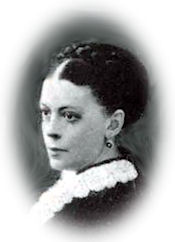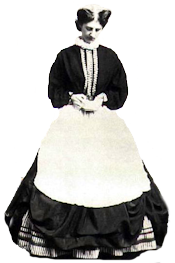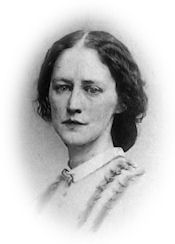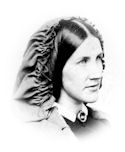Berdan’s Sharpshooters,………………..
Camp before Yorktown, April 11, 1862.
Dear Cousin: Your welcome and full letter brought joy and facts. . As for us, we are sitting down before Yorktown, as yet untaken. The enemy retreated before us, first from Great Bethel, then from the extensive entrenchments at Smithville, two miles beyond. Yorktown is their stronghold; the works are understood to extend pretty much all the way across the Peninsula to the James. They have some forty guns on the works now facing us.
On the 5th, we saw something like war. As the head of Porter’s Column—we are that head—emerged from the wood and rose upon the open land which forms a gradual natural glacis to the batteries, we were saluted with shell after shell, and all day the shell and round shot and rifle bullets cracked and boomed and whizzed about us. We, as usual, skimmed the crême de la crême, being posted as skirmishers, as well under cover as we could get, about three-fourths of a mile in advance of the main army, and one-half mile in advance of our own artillery. We lost two and had four wounded during the day, and it is most unaccountable that our loss was not twenty times as great; for the horrid, detestable music of shot and shell and ball was almost continually tingling our ears. One of the killed was in my own company—Phelps. I had him buried next day—a sweet Sunday—and laid the green turf neatly over the mound. . . . By the way, I think of you and Eliza as I see the little hospital flags hung out from all the more respectable farmhouses. . . . General Porter said in a note of commendation on our regiment, read on parade, that the enemy “by their own admissions had begun to fear us and provide against us as far as possible.” This praise has rather turned the head of our Colonel. Moi, I have been too cold, too weary, too wet, too unslept, too unwashed, to feel conceited or proud. Further, our teams have not yet come up with the officer’s baggage, so I am without mutations of raiment, or have to depend on strangers for the same; also am only one-half blanketed. But these are minor ills, for which, no doubt, our lovers are pitying us more than we deserve as they sit in their boudoirs far away.
The brandy and things which you sent me, just before going off, were very valuable. I had a few swallows of the liquor left in my flask a few nights since on picket, and it proved worth more than so much liquid gold. A soldier of the 2nd Maine, on picket with my men, was struck by a ball which broke his leg. He crawled through the rain and cold of that miserable night, half a mile, on his hands and knees, to the reserve picket, and was just fainting when I came in with your brandy, treasured up for just such a moment.
The weather is now fair and warm and delicious. I walked through the woods this A. M. before reveille, to the sandy beach of York River, and saw the sun come up out of the sea; and watched our gunboats, which are ready to cooperate when the right moment comes. I hope we shall not be cheated out of a good battle.






 Georgeanna and Eliza had “enlisted for the war,” which they did not understand to mean staying comfortably housed in Washington, while the army marched to danger and death. So when the orders came for the advance of the Army of the Potomac, they definitely determined to go too, in some way or other, and not to allow themselves to be kept back even by dear Joe Howland’s concern for their comfort and safety, feeling sure of his consent when the right moment came. Georgeanna writes to him:
Georgeanna and Eliza had “enlisted for the war,” which they did not understand to mean staying comfortably housed in Washington, while the army marched to danger and death. So when the orders came for the advance of the Army of the Potomac, they definitely determined to go too, in some way or other, and not to allow themselves to be kept back even by dear Joe Howland’s concern for their comfort and safety, feeling sure of his consent when the right moment came. Georgeanna writes to him:

